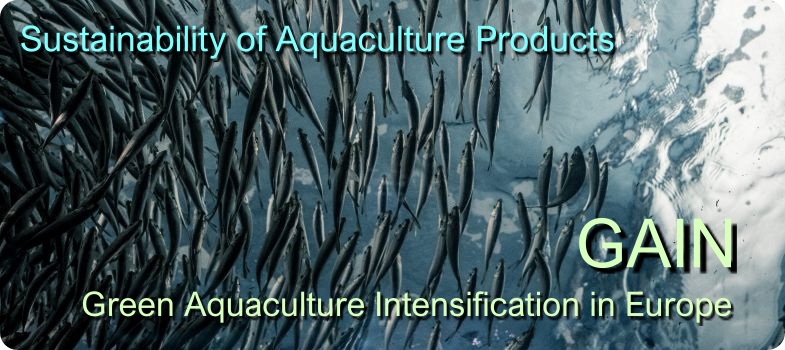Supply chain impacts from marine ingredient replacements
As the price of marine ingredients rose due to higher competition, coupled with pressure from marine conservation lobbies and academics, feed formulators sought to replace marine ingredients with larger inclusions of vegetable-based proteins and oils. This has affected the nutritional status of aquaculture products as they typically contain less omega-3 fatty acids than previously (Sprague et al., 2016). There are also a number of environmental trade-offs. The main substitutes have been soybean protein concentrate (SPC), rapeseed oil, maize and wheat gluten, and legumes. The substitution effectively transfers marine impacts to the land (Roberts et al., 2015; Malcorps et al., 2019).
